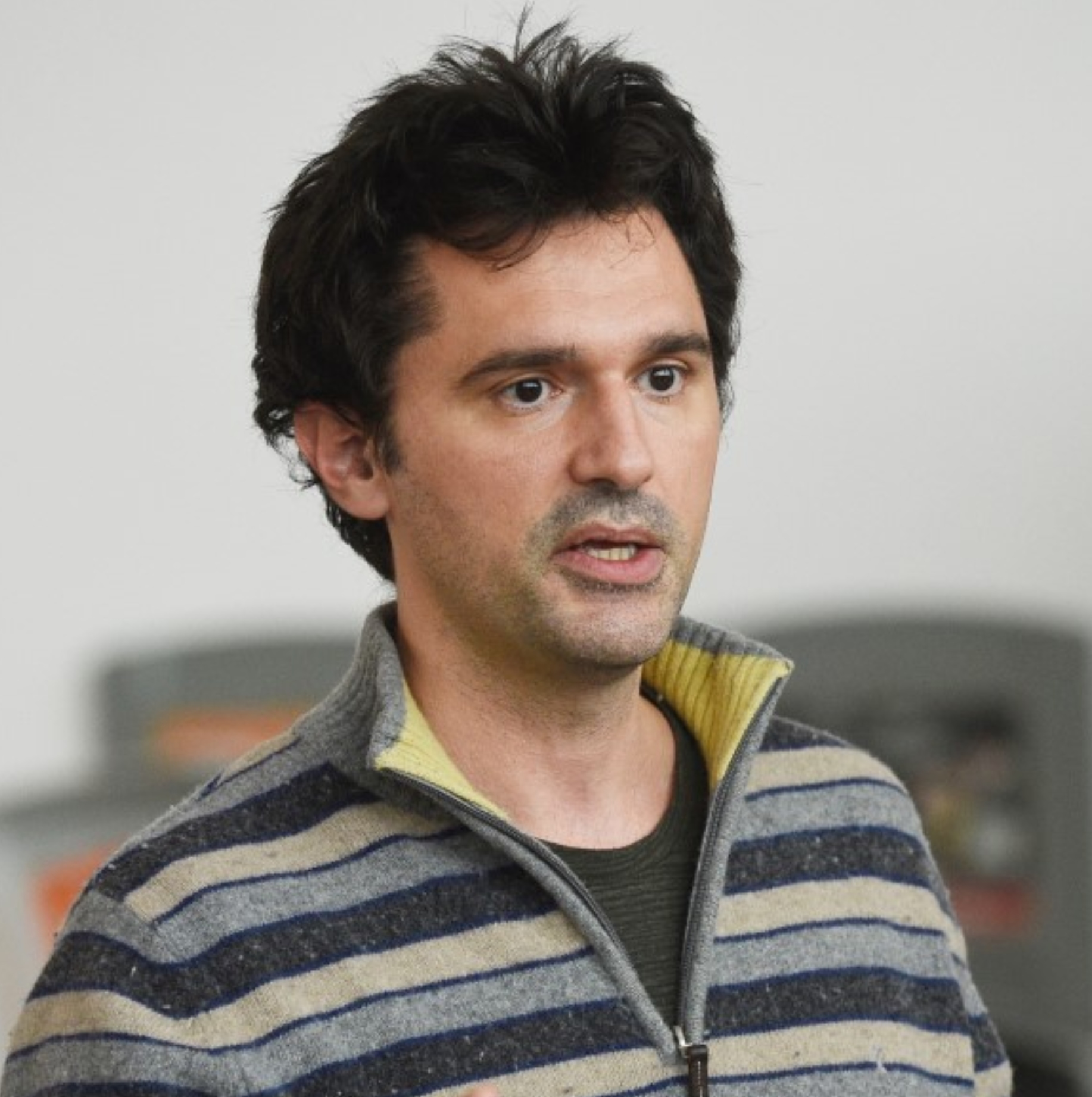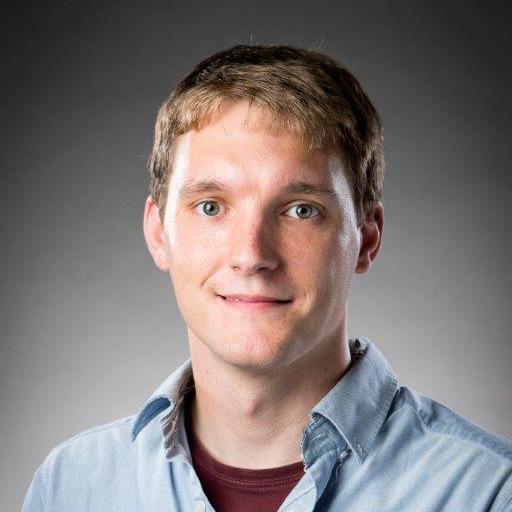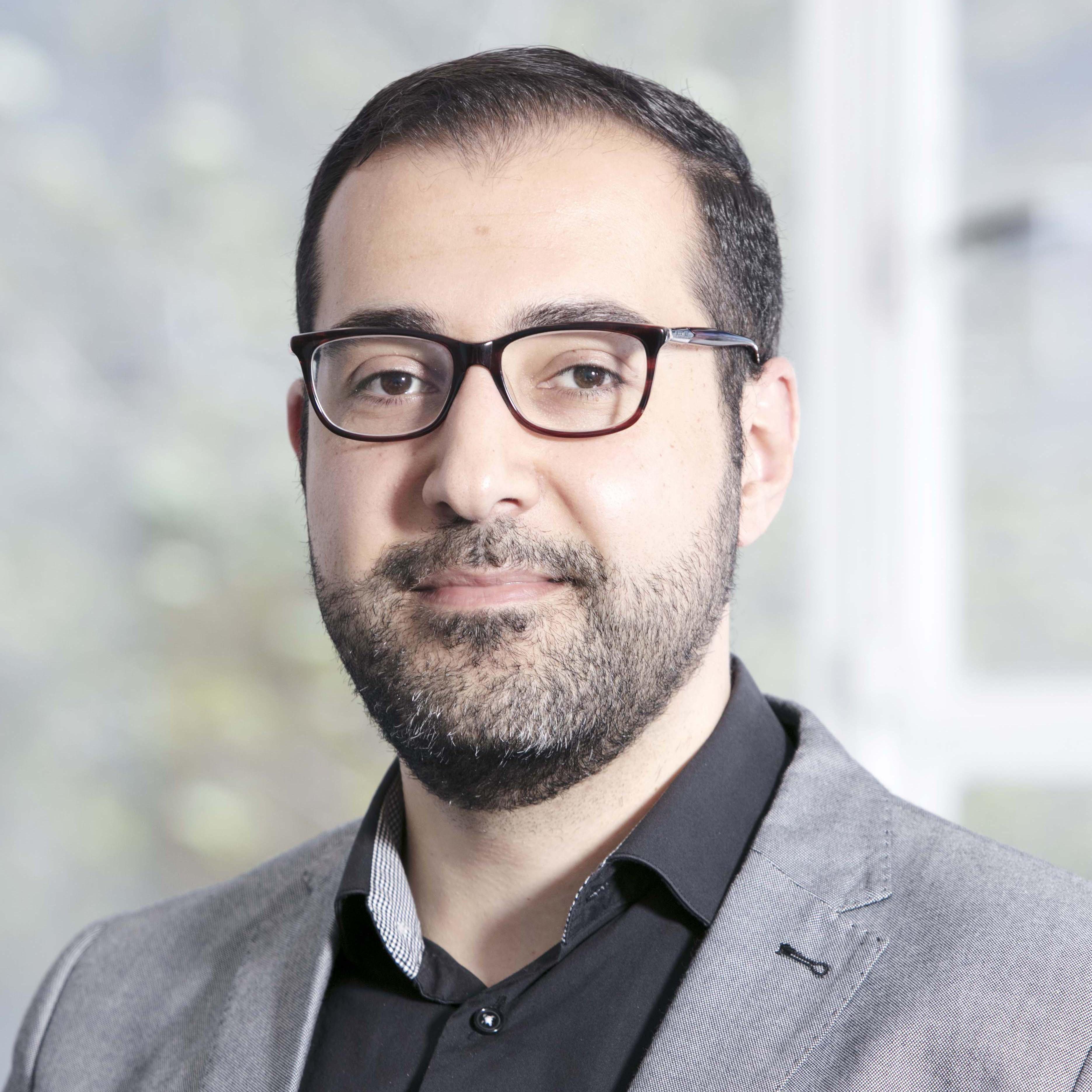Hydrogen technology
Dr Stathis Tingas
This unit will provide learners with a broad knowledge and understanding of technologies that use hydrogen as an energy vector. The learners will familiarise with the benefits of using hydrogen as a means to decarbonise applications that are challenging to electrify (e.g., heavy duty applications), with an emphasis on retrofitting. In addition, the limitations (as a result of hydrogen's unique features) will be highlighted as well as some of the challenges that are currently subjects of ongoing research.


Renewable energy technology (e.g., solar)
Dr Fadi Kahwash
In this unit, the learners will delve into a selected renewable energy technology and carry out theoretical and experimental investigation that constitute the heart of scientific research. Firstly, the learners will familiarise with the basic concepts and theories pertinent to the operation of the selected engineering system. Then, the learners will carry out power modelling through which they will explore the main factors affecting the performance of the technology and will develop deeper understanding of the strengths and weaknesses of the chosen technology.
Electronics and sensors
Dr Lourdes Alwis
This unit will introduce the concept of fibre optic technology in general, i.e. telecommunication and sensors. It will then focus on the construction material related to fiber optic sensors (FOSs), devices and instrumentation. Different types of FOSs that are used in practice will then be presented, with real-life examples from previous projects. Several such examples from the industry will be introduced, together with the appropriate sensor principles and instrumentation involved.


Mathematical modelling
Dr Chris Guiver
This unit focusses on mathematical models, and the related process of mathematical modelling. The role and importance of mathematical models in a range of engineering and scientific contexts shall be considered. The connection between mathematical models, modelling and research shall be explored. First, the learners will be presented with some basic models, such as those specified by simple equations, which they can use and explore to make predictions and solve problems. The aim is to illustrate how the elementary mathematics they have already met is applicable in the context of modelling.
Spaces are limited
Sign up Now




